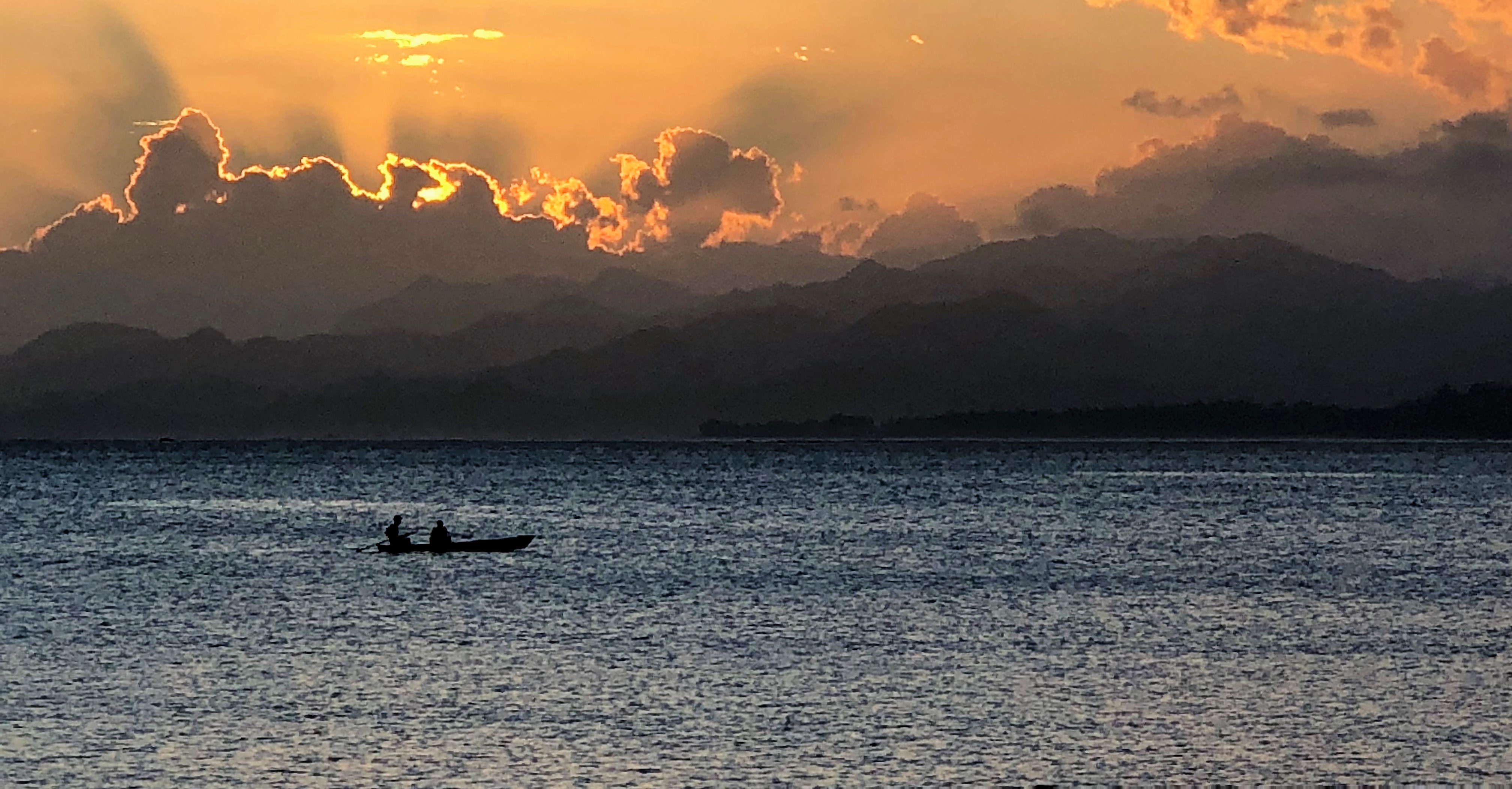Pacific Island Countries (PICs) have legal rights to and within enormous ocean areas. These legal rights are, to a large extent, provided by operation of international law and are codified in the 1982 Law of the Sea Convention (LOSC).
The LOSC is often referred to as a “Constitution for the Oceans” because, amongst other things, it sets out and regulates the recognised legal rights that the international community agree that all nations have on or in the ocean to undertake or benefit from various activities that include but are not limited to navigation, fishing and other extractive industry. The LOSC also allocates the legal rights to PICs over and within ocean “zones” that includes the large Exclusive Economic Zones (EEZs). However, fisheries and marine scientists suggest that the sustainable use and management of the PICs’ valuable marine resources can only be achieved by Integrated Oceans Management based on eco-systems and not ocean zones.
In this legal bulletin we set out why the Pacific Island Countries have sufficient legal rights to build and implement effective oceans integrated management systems to support the development of their national and regional blue economies in a way that best suits them and based on an ecosystems approach. However, to meet good governance outcomes (successful, equitable, sustainable) those management systems must be suited to the context of PICs which means that the collective process to create those systems must be inclusive, practical and carefully undertaken.




